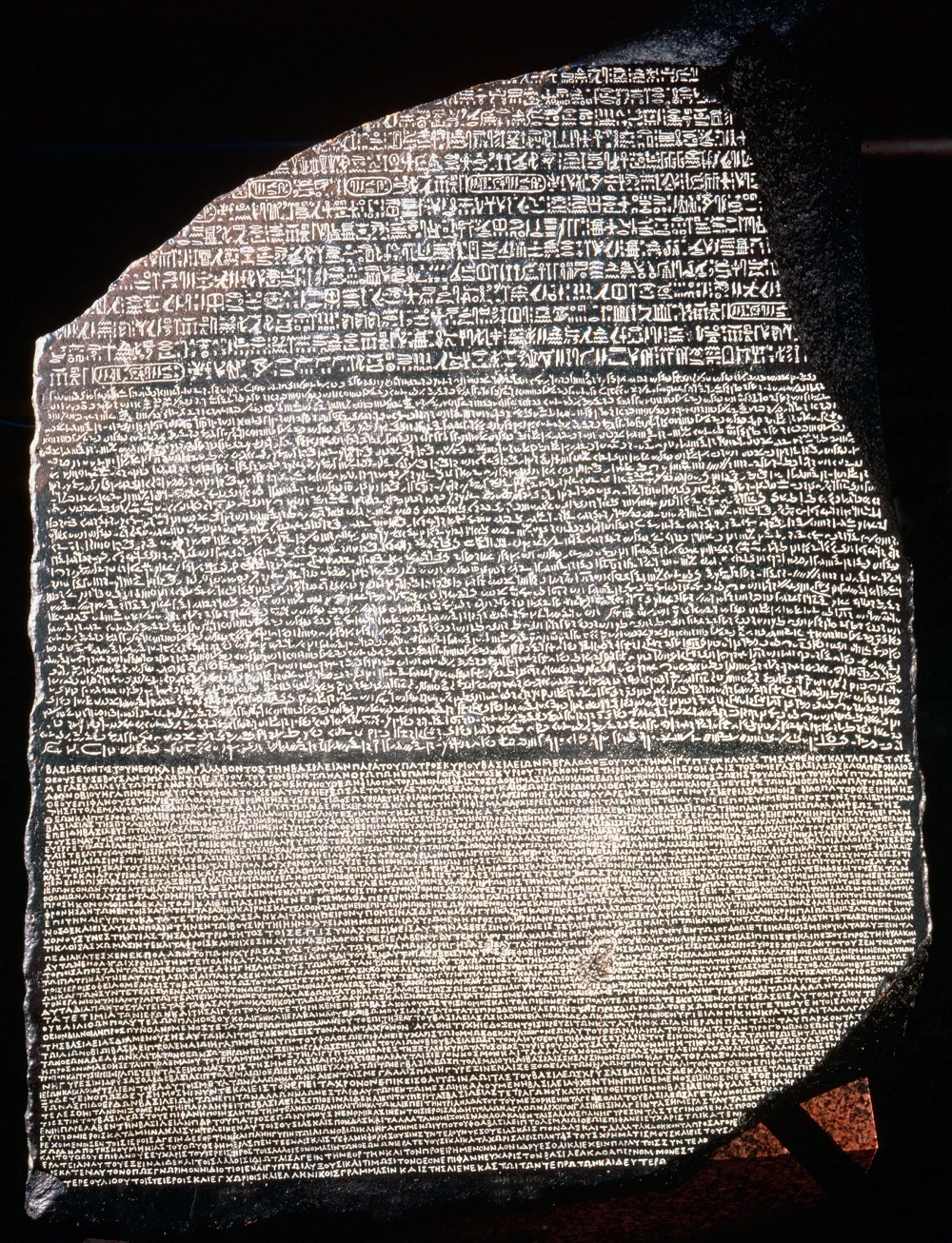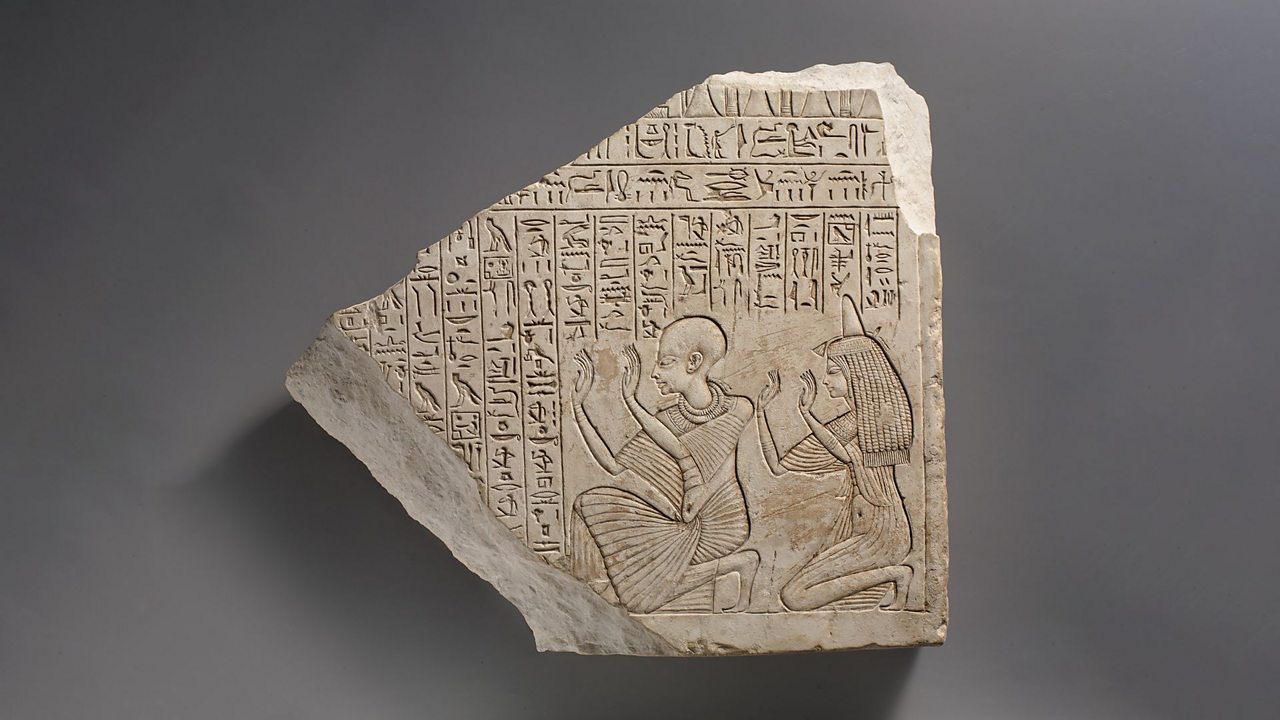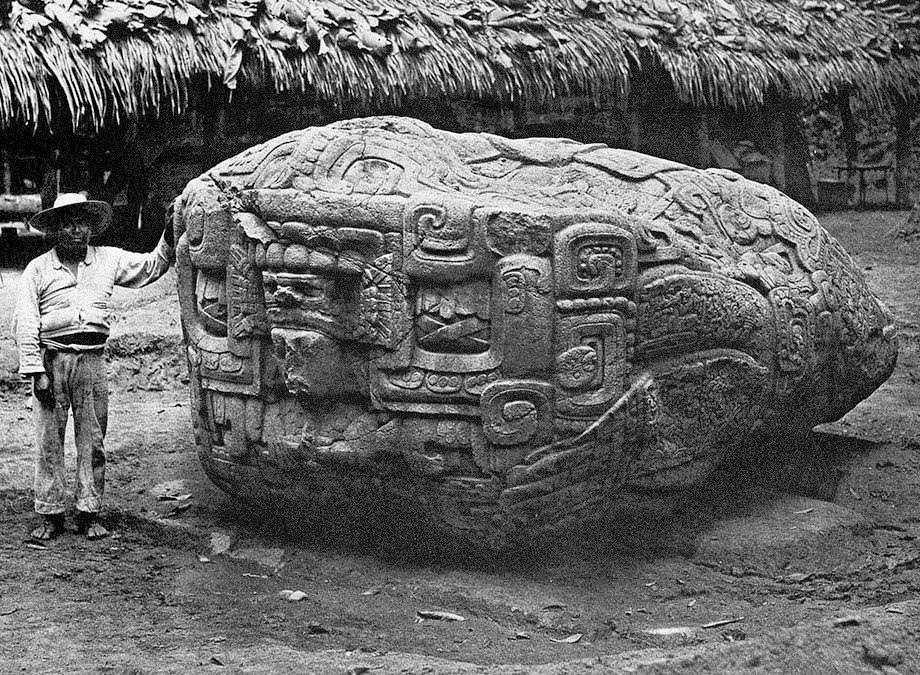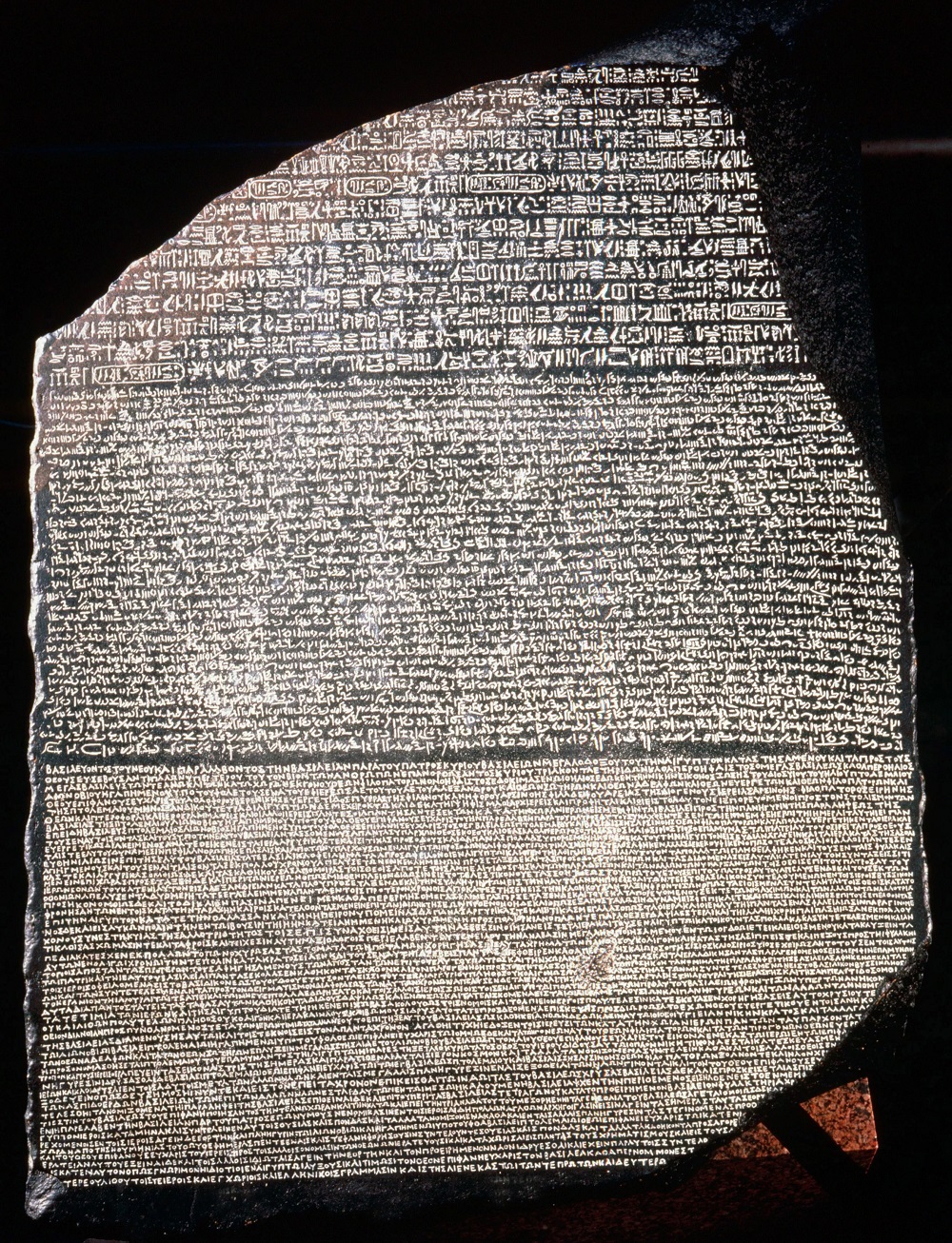The Rosetta Stone stands as an iconic symbol of unraveling the enigmas of ancient civilizations. Discovered in 1799 by French soldiers during the Egyptian campaign of Napoleon Bonaparte, this remarkable artifact has played a pivotal role in deciphering the mysteries of antiquity. In this article, we delve into the significance of the Rosetta Stone and its invaluable contribution to understanding the secrets of bygone eras.

The Rosetta Stone, an ancient stele dating back to 196 BCE, boasts inscriptions in three scripts: Greek, Demotic, and hieroglyphics. This linguistic trinity became the key to unlocking the rich tapestry of knowledge embedded in the stone. The discovery of parallel texts allowed linguists, such as Jean-François Champollion, to decipher the hieroglyphic script, opening a gateway to the lost world of ancient Egypt.

Through the translation of the Rosetta Stone, scholars gained access to a wealth of information about ancient Egyptian culture, religion, and governance. The hieroglyphic script, once an indecipherable code, now revealed the intricacies of the pharaohs’ reigns, religious practices, and the daily lives of the people. The stone provided a key to understanding the language of the ancients and unveiled a trove of historical insights.
While the Rosetta Stone’s primary significance lies in its contribution to Egyptology, its impact extends beyond the borders of ancient Egypt. The stone serves as a metaphorical Rosetta Stone for deciphering other ancient scripts and languages, fostering a deeper comprehension of various civilizations. Its influence resonates in the realms of archaeology, linguistics, and history, transcending geographical boundaries.

Recognizing the global importance of the Rosetta Stone, preservation efforts have been paramount. Currently housed in the British Museum, the stone remains a beacon for researchers, historians, and enthusiasts alike. Technological advancements, such as virtual replicas and online platforms, have further democratized access to its inscriptions, allowing a broader audience to engage with this invaluable piece of our collective past.
The Rosetta Stone stands as a testament to the human quest for knowledge and understanding. By decoding its inscriptions, scholars have unraveled the secrets of ancient civilizations, granting us a profound glimpse into the past. As we continue to explore the realms of archaeology and linguistics, the Rosetta Stone remains a timeless artifact, echoing the voices of the ancients and illuminating the path to a more comprehensive understanding of our shared human history.



